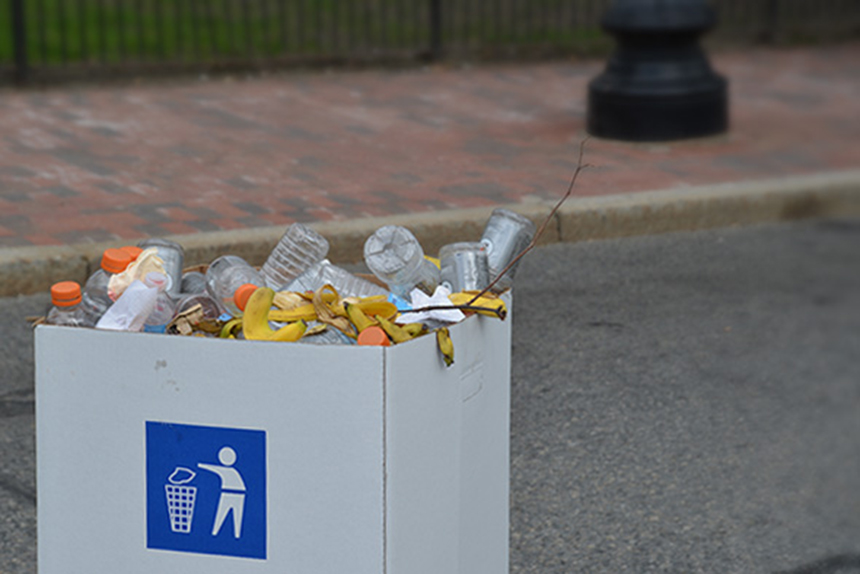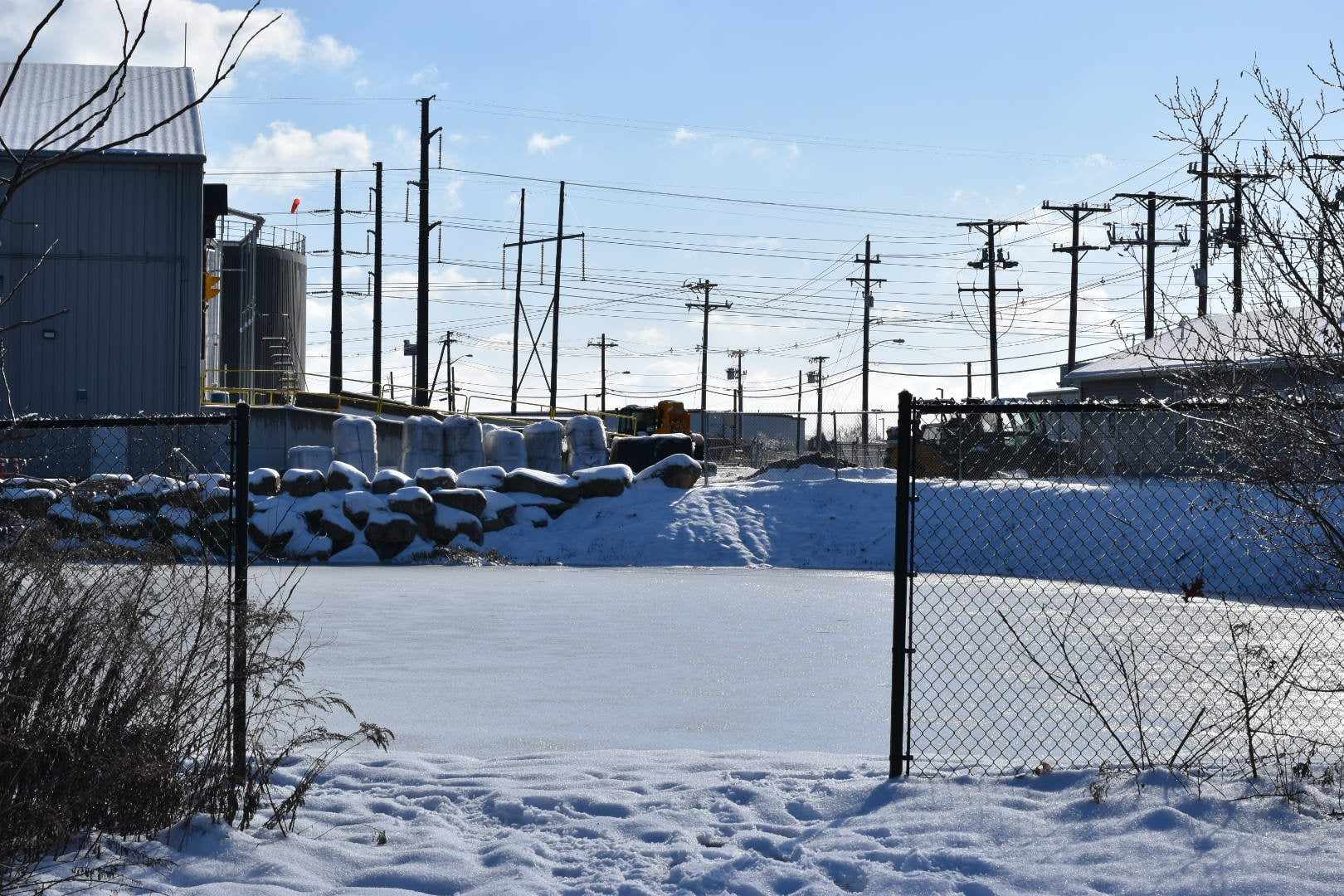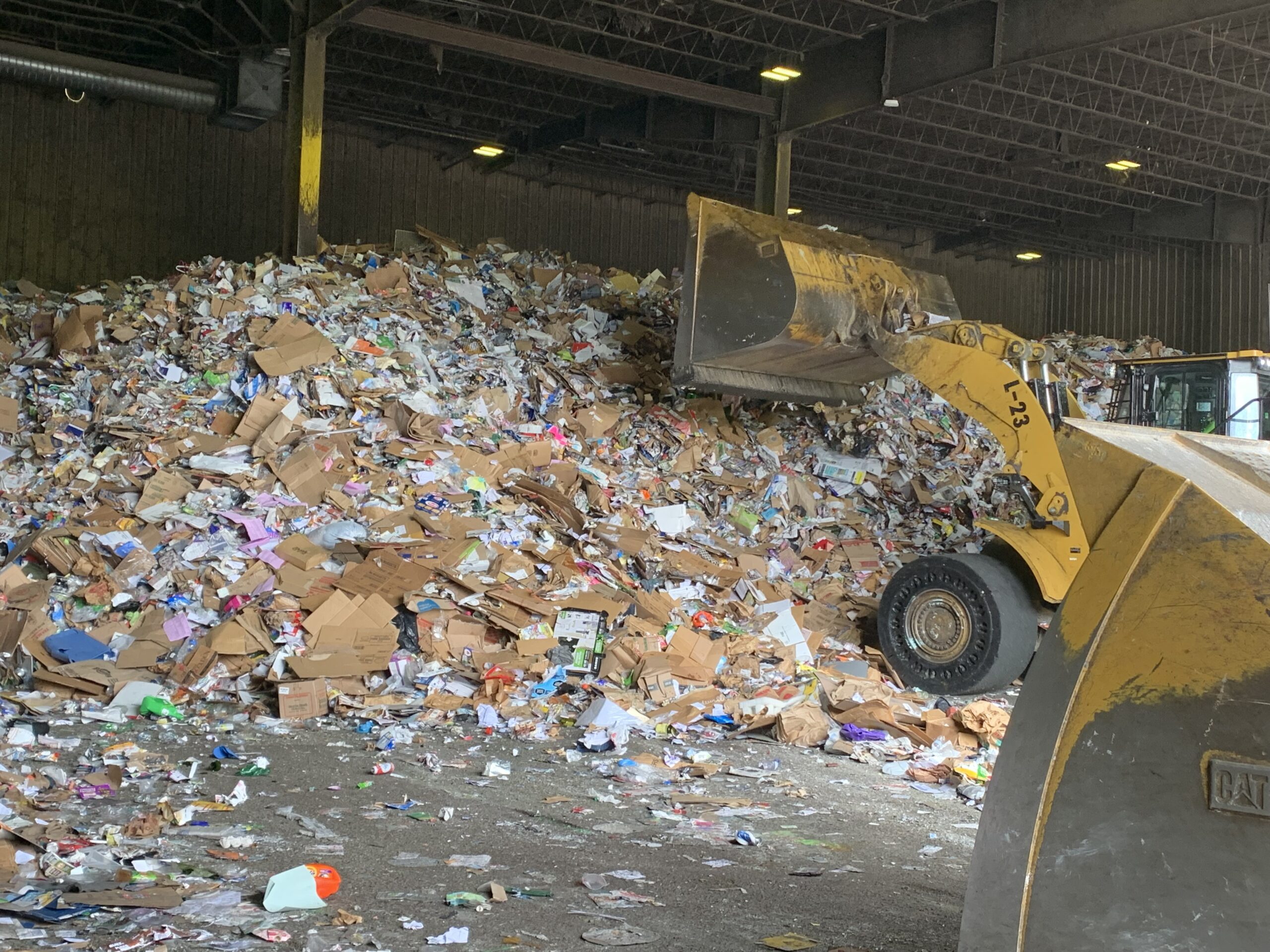Ocean State Needs to Reel in Plastic Bag Waste
January 18, 2013
Plastic bags have been waving from trees and clogging storm drains since the 1960s. These petroleum-based pouches have become the unofficial flags of a throwaway society. So how do we stop these plastic parachutes from muddling windswept landscapes and degrading the environment? Do we even have the political and/or societal will do so?
We know the environmental externalities associated with plastic bag manufacturing and disposal include greenhouse-gas emissions, and water and land pollution. In fact, a billion discarded plastic bags is the equivalent of 12 million barrels of oil.
Individual consumers, proponents argue, benefit from the use of plastic bags, because they can easily carry purchased goods without the burden of lugging around reusable ones. They note that plastic bags handed out by retailers are reused as pet waste containers or to line household trash receptacles. Properly collected and recycled plastic bags — they shouldn’t be placed in curbside recycling bins — are made into a composite product used as a wood substitute for decks and stairs.
Opponents argue that society bears the collective cost of the continued production and disposal of plastic bags. They note plastic grocery bags clog drains, degrade marine ecosystems, choke animals and litter beaches, a particularly noticeable problem in the Ocean State. They note that a million plastic shopping bags are used globally every minute, and every American uses more than 500 plastic bags annually. In Rhode Island alone, 192 million plastic bags are consumed annually, according to a 2006 Brown University study.
The General Assembly and the Rhode Island Resource Recovery Corporation (RIRRC), which manages the Central Landfill in Johnston, have been proactive, in varying degrees, in attempting to reduce the number of plastic bags that end up at the landfill. In 2005, Rhode Island became the first state to provide comprehensive plastic bag recycling, with a program initiated by the RIRRC called ReStore. The program requires retailers and big-box stores that sell more than $8 millions dollars worth of goods a year to provide a bin for collecting plastic bags.
In conjunction with the ReStore program, the General Assembly passed General Law 23-18-11.1 — otherwise called the “Promotion of Paper Bag Usage.” The act seeks to decrease plastic bag waste by stipulating that retailers must provide paper bags at equal cost to plastic bags, in spite of the higher cost of paper, about 3 cents for a paper bag and about 1 cent for a plastic bag.
The ReStore program was started in large part because of the mess swirling plastic bags caused at the Central Landfill, and to help maintain the landfill’s capacity. The bags that escape burial are carried by the wind to every corner of the landfill. To help keep this flock of plastic from flying into neighborhoods, the RIRRC erected a 30-foot-high fence made of netting that surrounds much of the landfill.
ReStore containers accept the following plastic bags, but they must be clean and dry: shopping bags; dry-cleaning bags; newspaper bags; bread/bagel bags; produce bags; mattress bags; shrink wrap from cases of beverages; electronic, paper towel and toilet paper overwrap; and bubble wrap.
Low recycling rate
In its first year, the ReStore program led to the recycling of some 18 million plastic bags — a recycling rate of 9.2 percent, according to the Brown University study. However, the state’s plastic bag recycling rate hasn’t improved much in the six years since then, mostly because of a lack of compliance with and no real enforcement of the program.
Some retailers, such as Whole Foods Market and Staples, follow the ReStore requirements and have a bin at the front of their stores for customers to recycle their plastic bags.
Despite the best intentions of the ReStore program, about 180 million plastic shopping bags are still being sent to the Central Landfill annually. The Ocean State’s plastic bag deluge can’t be adequately addressed through recycling alone.
To reduce the overall consumption of plastic shopping bags, we need better consumer and producer responsibility practices — like the one that encourages the use of reusable bags through a 3- to 5-cent rebate that Whole Foods offers and Stop & Shop used to, and perhaps combine it with a statewide fee/tax on plastic and paper shopping bags — or, as Environment Rhode Island argues, statewide or municipal bans on plastic bags.
This past fall, the Barrington Town Council, with a big push provided by Environment Rhode Island, passed Rhode Island’s first plastic shopping bag ban, and just the second one in New England, after Westport, Conn. The ordinance, which went into effect Jan. 1, expires in two years unless the council reinstates it.
Environment Rhode Island is now attempting to bring a plastic bag ban to Providence, and Rep. Maria Cimini, D-Providence, is drafting a bill that bans plastic bags statewide.
Around the country
Plastic bag bans are in place in six of the 29 largest cities in the United States — San Francisco, Los Angeles, San Jose, Seattle, Portland and Austin — but no state has yet to enact a statewide ban, fee or tax. Since Jan. 17, Hawaii has had a de-facto statewide ban in place. It prohibits non-biodegradable plastic bags and paper bags that aren’t at least 40 percent recycled from checkout lines.
Other state legislatures have tried lessening the scourge of plastic bags with the same kind of ineffectual laws that have been enacted here. California prohibits the sale of a plastic product that is labeled as biodegradable, degradable or decomposable. However, its law that required retail stores to adopt an in-store recycling program and that plastic bags have clearly printed “Please Return to a Participating Store for Recycling” on them was repealed this year.
In 2009, Delaware passed a law that encourages the use of reusable bags and requires stores to have a plastic bag take-back program. Two years later, the Delaware Legislature passed a law requesting a report and suggestions for improvement of this in-store recycling program— for the purpose of improving the program and bettering the environment.
In Maine, a 2009 law convened a work group, through a partnership with state agencies and other appropriate entities, to work together toward a viable solution to the checkout bag issue. The work group is to submit a report to the Legislature that achieves environmental benefits, maintains financial viability for manufacturers and retailers, and avoids cost impacts for consumers.
Meanwhile, plastic bags are now the unofficial tumbleweed of the United States.
Categories
Join the Discussion
View CommentsRecent Comments
Leave a Reply
Your support keeps our reporters on the environmental beat.
Reader support is at the core of our nonprofit news model. Together, we can keep the environment in the headlines.
We use cookies to improve your experience and deliver personalized content. View Cookie Settings




I'd be interested to know how others with concern about this issue handle their "regular" trash (of the non-recyclable, non-food scrap variety). I often reuse plastic bags from the grocery store in my kitchen trash and bring these to the trash bin when full. I've considered putting trash straight into the kitchen trash can end emptying it directly (no bag) into the curbside bin, but this leaves this kitchen can a mess and the water/energy/soap/towels used to clean it must offset the savings of the bag by a substantial amount, if not entirely. I could use paper bags but these don't hold up with grease and liquids. Is there another, greener approach I might not be considering?
I would point out that discount stores like Pricerite and Aldi's charge for plastic bags (10 cents at Priceright) and my observation at checkouts is that it significantly reduces taking new bags. I think it might be politically doable to pass a law requiring (large enough) stores to either charge 10 cents for new bags or give a 10 cent refund for reusable bags being used instead of a new one. This leaves some choice to both consumers and stores. And we need such a law becuase it seems clear that the big chains do not care at all about the problems these bags cause (I didn't even get a reply from Stop & Shop when I wrote about their discontinuation of a 5 cent credit for bringing your own bag.)
Not just plastic bags, but all kinds of non-recyclables. With the growth of the take-out food industry, more and more clear-plastic salad containers, wraps for wraps and the like. The bags are just the tip of the iceberg.